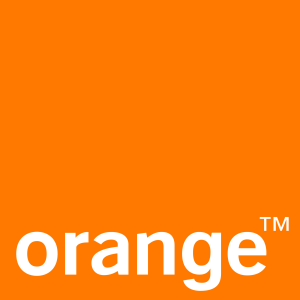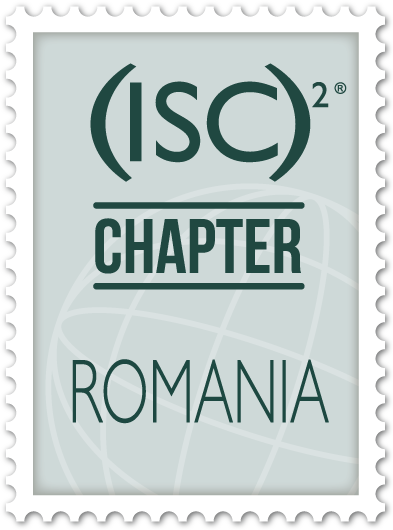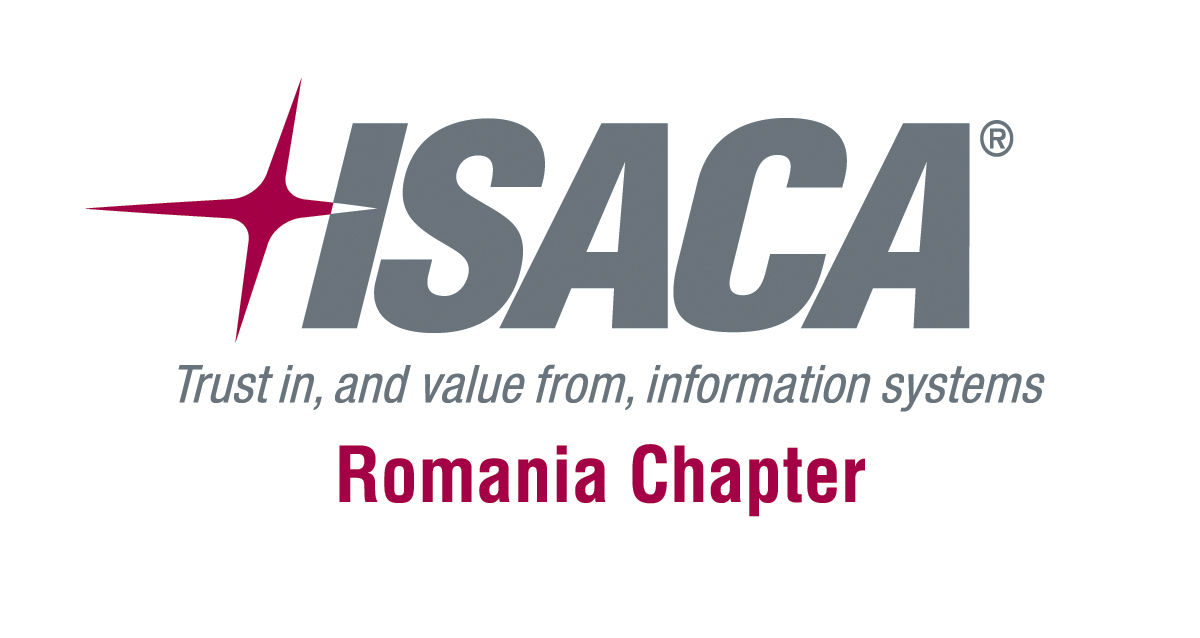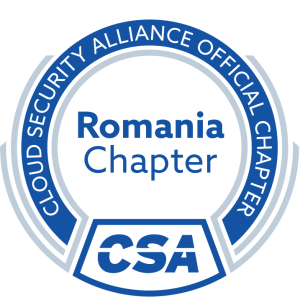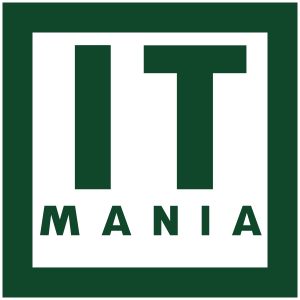Costel Maxim
Security QA Lead Intel's Open Source Technology Center (RO)
BIOGRAPHY
I started down the path of information security long before my professional career started because of my intense desire to understand how things really worked underneath everything. I am currently the Security QA lead in Intel’s Open Source Technology Center here in Bucharest. We are a team that focuses on the security of numerous open source projects including Android, IOT, Crosswalk, Tizen and many others.
We hunt security bugs by doing feature validation, penetration testing, source code analysis and fuzzing.
Twitter: twitter.com/costelmaxim
Linkedin: https://ro.linkedin.com/in/costelmaxim
Finding media bugs in Android using file format fuzzing
The presentation will give a brief overview on the topic of file format fuzzing and how this process can lead to the discovery of vulnerabilities inside different software components and then focus on exposing how this approach can be used inside an Android environment, more precisely to target the media framework in Android.
A custom fuzzing tool has been developed for this purpose and had good results in terms of discovered issues.The main idea behind developing this fuzzing tool is to create corrupt but structurally valid media files, direct them to the appropriate software components in Android to be decoded and/or played and monitor the system for potential issues (i.e system crashes) that may lead to exploitable vulnerabilities. The malformed audio and video files are created in an automated manner using several open-source tools that have been modified for this project. Custom developed Python scripts are used to send the malformed data across a distributed infrastructure of Android devices, log the findings and monitor for possible issues, in an automated manner. The actual decoding of the media files on the Android devices is done using the Stagefright framework, which represents the core of the media stack in Android and permits decoding media files using both software and hardware decoders.
An example of a fuzzing campaign for this scenario would be as follows: the fuzzing tool was left to run for a period of 8 weeks. During this time, a number of approximately 1 million media files were sent for decoding to the fuzzing infrastructure. This produced an unexpected result of 185000 crashes. After implementing a triage mechanism to sort out through the crashes, a number of 35 unique issues remained. Other similar campaigns were run over time and a total of 4 CVE entries were issued by Google and many bugs are still under consideration.
Are you the next cyber security superstar?
If you are passionate about an information security topic or you have strong technical skills developing researches on your own, you should definitely Apply at Call for Papers. By submitting you will have the chance to showcase your work to +2000 attendees.
Other speakers joining this year
Robert Knapp
CEO and Co-founder CyberGhost
Anton Prokhorov
Co-Founder AVULN Security Industries & Embedded System Cryptography Expert (RU)
Ready for this year's presentations?
By registering you will unlock access to 60+ speakers and two full days with cyber security news & showcases from worldwide leaders.
COMPETITIONS
Sponsors & Partners
They help us make this conference possible.
POWERED BY
Orange Romania is part of the Orange Group, one of the largest global telecommunications operators that connects hundreds of millions of customers worldwide. With over 11 million local customers and an annual turnover exceeding 1.5 billion euros, Orange Romania connects 1 in 2 Romanians and offers an extensive range of communication solutions for both individual and corporate customers, from basic connectivity services to complete mobile, fixed internet, TV packages, and complex IT&C solutions through Orange Business.
Orange Romania is the number 1 operator in terms of network performance, and also holds nine consecutive Top Employer certifications, which confirm that Orange Romania, in addition to the remarkable products and services it offers, pays special attention to its employees and working environment. In the past 3 years Orange has launched two 5G Labs in Bucharest and Iasi, that aim to support researchers, startups and companies to test their 5G solutions in advance.
In addition, Orange is a long-term supporter of the startup ecosystem through the Orange Fab accelerator program designed to support entrepreneurs in the development of innovative products and their distribution locally and internationally.
